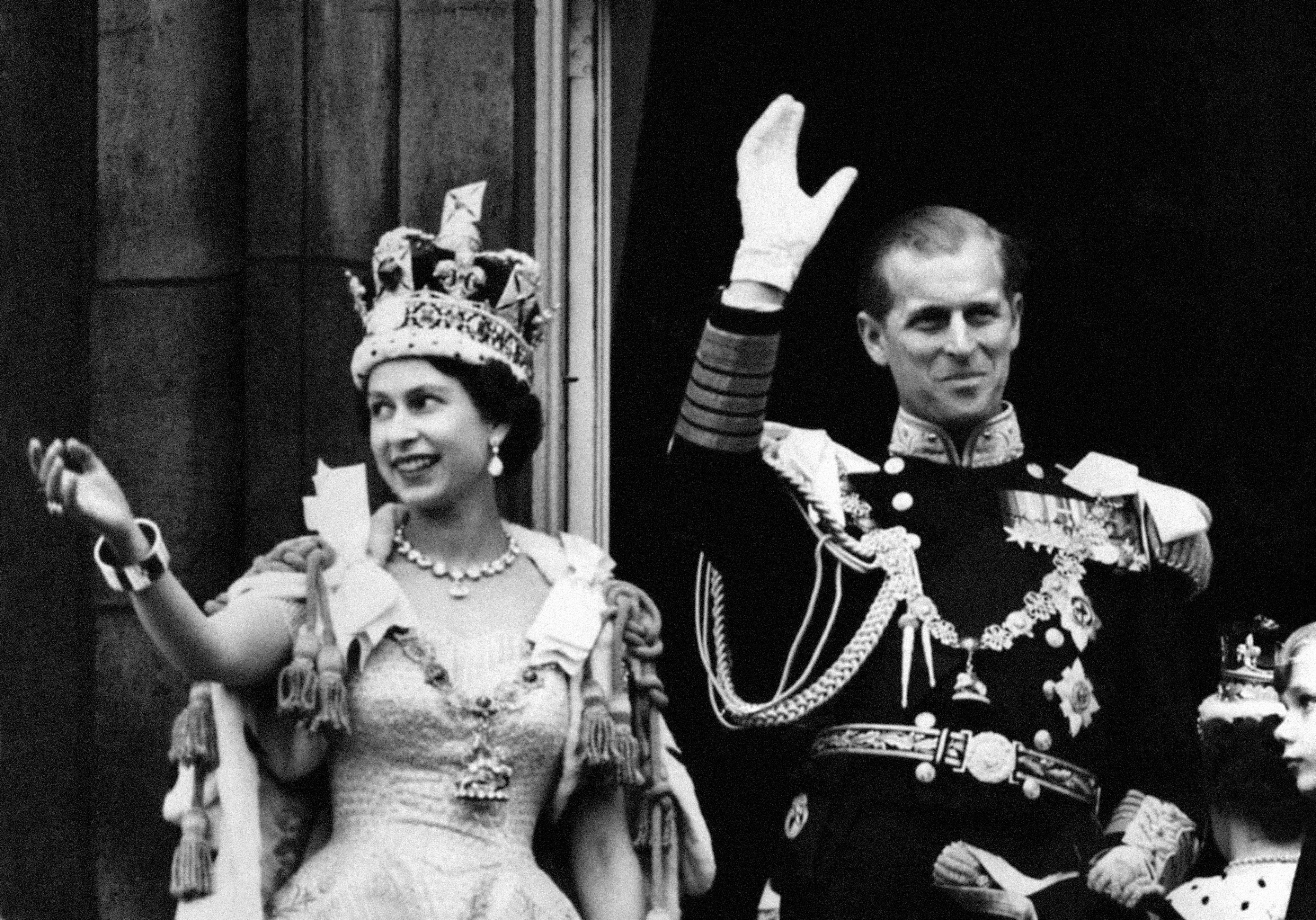6 ways to help you cope after the death of a long-term partner
A grief expert gives advice on coping with such a loss, as the Duke of Edinburgh dies after more than 70 years of marriage to The Queen.

Your support helps us to tell the story
From reproductive rights to climate change to Big Tech, The Independent is on the ground when the story is developing. Whether it's investigating the financials of Elon Musk's pro-Trump PAC or producing our latest documentary, 'The A Word', which shines a light on the American women fighting for reproductive rights, we know how important it is to parse out the facts from the messaging.
At such a critical moment in US history, we need reporters on the ground. Your donation allows us to keep sending journalists to speak to both sides of the story.
The Independent is trusted by Americans across the entire political spectrum. And unlike many other quality news outlets, we choose not to lock Americans out of our reporting and analysis with paywalls. We believe quality journalism should be available to everyone, paid for by those who can afford it.
Your support makes all the difference.The Duke of Edinburgh has been at the Queen’s side since their marriage in 1947, and despite their contrasting personalities – the Queen is largely seen as more passive and conventional, while the Duke was more an outspoken, tempestuous type – the couple forged a successful relationship that produced four children, as well as a slew of grandchildren and great-grandchildren.
The pair reached their platinum wedding anniversary in November 2017 – an impressive achievement for any couple, royal or not. And as with any long marriage or partnership, no one will feel Prince Philip’s loss at the age of 99, more than his devoted wife.
“The death of a partner is world-shattering and it can take a long time for the person bereaved to comprehend what’s happened,” says Andy Langford, clinical director at Cruse Bereavement Care, which offers support when someone dies.
He suggests the following ways of coping with the death of a long-time partner…
1. Look after yourself
“It’s not easy, but in the immediate aftermath of the death, it’s important for the bereaved person to take care of themselves by eating properly and resting regularly, as this will help them get through each day,” says Langford. “It may fall to other relatives and friends to check such care is being taken.”
2. Give yourself time and permission to grieve
Langford points out that everyone grieves differently, and there’s not a one-size fits all approach. “After the death of a partner, people initially feel shocked, numb, guilty, angry, afraid and full of pain,” he says. “These emotions will lessen after time, but there’s no set timeframe on grief.”
He stresses it’s important the bereaved person is open about their feelings and allows themselves time to grieve.
3. Talk to trusted family and friends
As the death of a lifelong partner can be incredibly traumatic, having people close and confiding in a trusted friend or relative about how you’re feeling can be vital, especially if the person who’s died was the person you normally opened up to.
“It’s important to remember that close family and friends will also be grieving, so there needs to be sensitivity around this,” Langford points out.
4. Take time to remember the person who’s died
“The death of a partner is one of the hardest things we’ll ever have to face,” says Langford, “and for many people, talking about their partner and sharing memories of them with others can be a great way to keep their memory alive.”
Creating a memory box, writing a journal or doing an activity you did with your partner are other great ways to remember them and help in the grieving process.
5. Be prepared for life to change in many ways
Inevitably life will change considerably after the death of a lifelong partner, and while there are many practical tasks that need to be taken care of after the death, it’s important for the bereaved person to consider the emotional ramifications as well.
“In the months and years after a partner’s death, the bereaved person will encounter triggers that will remind them of their partner. Anniversaries, birthdays and milestones are often painful reminders of the loss, and it’s important to try and prepare for these days.”
6. Don’t be afraid to ask for support
It’s important to recognise when someone who’s been bereaved might need professional help, stresses Langford. If the bereaved person is feeling low, depressed or unable to carry out everyday tasks, it’s important they seek advice from their GP.
Organisations like Cruse offer free face-to-face, group and telephone support for people struggling after the death of a loved one. To speak to a bereavement supporter, call the Cruse national helpline on 0808 808 1677.